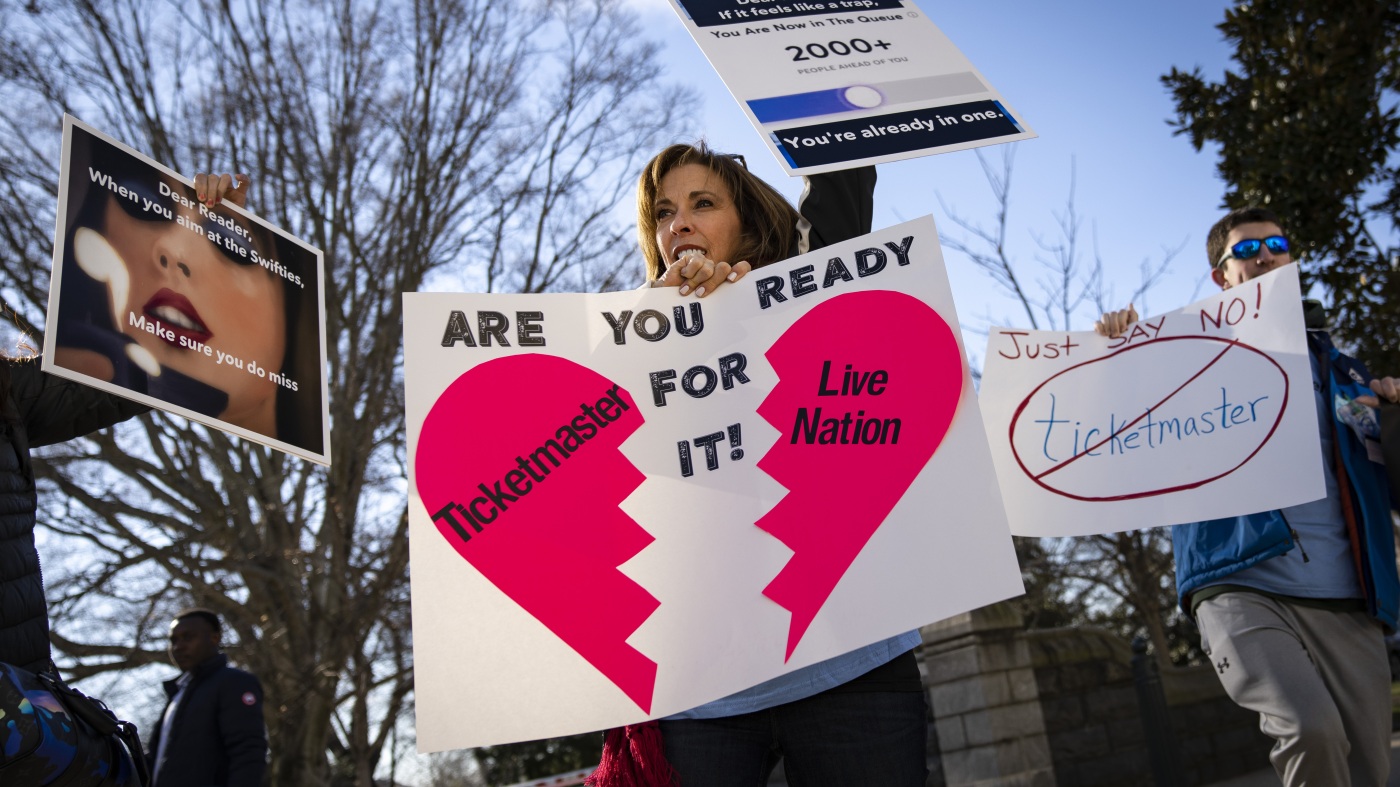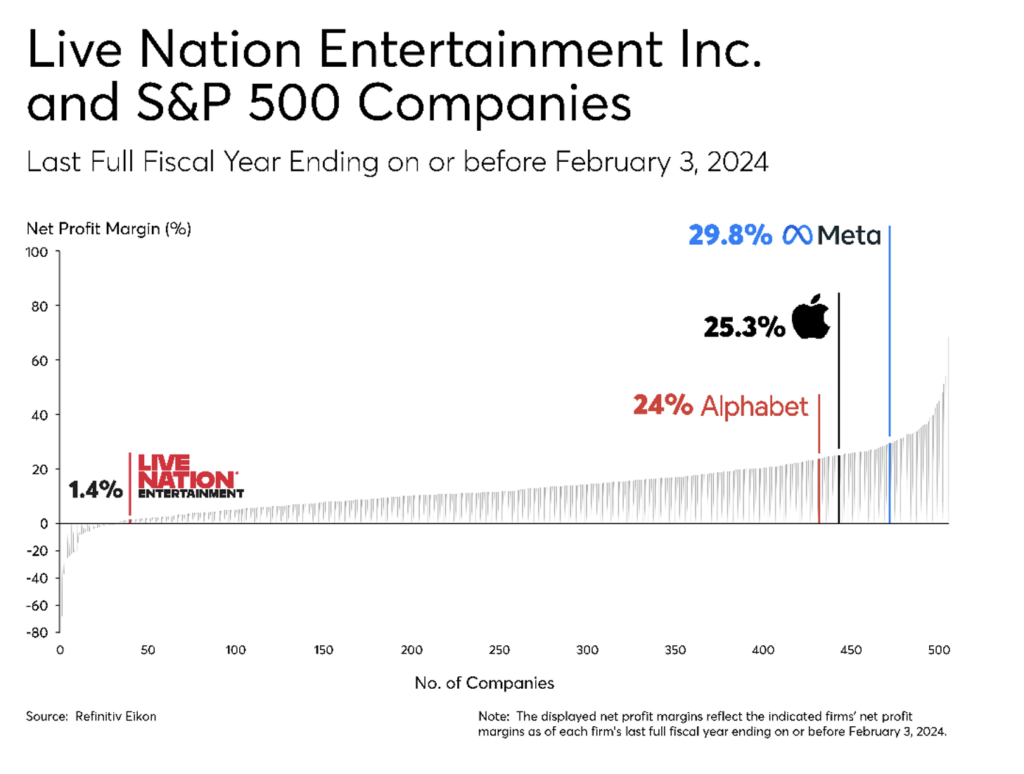In a significant move, the Justice Department has filed lawsuits against Ticketmaster and its parent company Live Nation Entertainment, accusing them of running an illegal monopoly in the live events industry in America. The lawsuit alleges that approximately 70% of tickets for major concert venues in the U.S. are sold through Ticketmaster, giving the company significant control over ticket sales and prices.
The Justice Department argues that Live Nation's monopoly power has hurt consumers by limiting competition and driving up prices for fans. The lawsuit also accuses Live Nation of retaliating against other promotion companies and venues that worked with its rivals, further consolidating its market position.
Independent venues not owned by Live Nation have faced difficulties negotiating for good deals due to the company's monopoly power. This issue has been a concern for many, including Morgan Harper, who helped advocate for the Department of Justice investigation into Live Nation.
The lawsuit seeks to dismantle this monopoly and potentially lead to lower ticket prices, more agency for artists in choosing venues, and increased success for smaller promoters in the long run. The case is being closely watched by fans, performers, and industry experts alike.
Live Nation has denied violating antitrust laws and plans to defend itself against the allegations. The company argues that most service fees go to venues, while outside competition has steadily eroded Ticketmaster's market share.
The lawsuit comes as part of a broader effort by the Biden administration to address monopolies and promote competition in various industries. The case is being filed in the Southern District of New York.



